6 ways to maintain positive mental health at Christmas

Christmas can be a time of year when your mental health can be impacted negatively.
Stress, expectation, loneliness or anxiety are common emotions felt by many over the holidays. Entertaining guests, the additional expense, planning jam-packed vacations and feeling isolated from others during the festive season can all directly contribute to poor mental health.
There are, however, many helpful ways that you can balance your mental health at Christmas.
We have listed six important ones for you below.
1. Enjoy everything in moderation
There’s no other time of year where people throw caution to the wind and indulge in a plethora of food and alcohol quite like the holidays. The mind and the gut are interconnected, to the point the gut is often called “the second brain”. A festive feast can be good for the soul. But going overboard often leads people to enter a new year feeling sluggish and unmotivated. Know your limits and try not to go overboard. By all means, enjoy mince pies, plum pudding and all those delicious Christmas treats, but make sure to enjoy them in moderation.
With moderation in mind, it’s also important to remember that what people put out on social media is just what they choose to put out to the masses. Most people don’t witness the reality of others lives behind closed doors. Limiting social media over the holidays is important for many reasons. We live our lives connected to our phones, when it is important to remember to live in the moment and to put our phones down from time to time. When we are surrounded by our nearest and dearest, there’s never a more important time to minimise social media and to simply enjoy the happiness of the moment – not from behind a screen. If you find yourself mentally impacted by social media at Christmas, and often compare yourself and your life to others, this point is even more important.

2. Focus on gratitude
It can be easy to get swept up in the consumer aspect of Christmas, and forget about the true meaning of the holidays. For most, this is a season to be grateful and to celebrate those things you do have, not to pine for the things you don’t. The old adage is correct – the best things in life are free. It’s easy to forget that.
Taking time at the end of each day to note – mentally or in a physical gratitude journal – five things you are grateful for has been scientifically proven to improve mental health. It can be anything. Your family and friends. Your pets. The sand you felt under your feet as you walked along the beach today. That hearty meal. Treasured memories. Practising gratitude will have a big impact on your mental health at Christmas.

3. Set goals
Christmas and the onset of a new year is the perfect time to set manageable goals for the year ahead. The word “resolutions” can feel daunting and is shown to put added pressure on people, leading these resolutions to often be broken. Using a journal, or simply writing into Notes in your phone, list out 5-10 manageable goals you want to achieve over the next 12 months.
These goals don’t have to be life-changing or too broad. Try to narrow them down to specific things. Examples could be, instead of the too-generalised “get fitter”, write down a goal to walk 10,000 steps a day. Instead of “get a promotion”, write down a key step that will get you there, like “take a career-related course to build my skills”. Check back on your list throughout the year to see how you are tracking and to give you added motivation to tick off every more goals.

4. Plan and delegate responsibility where you can
Many people feel overwhelmed at Christmas, at a time when they feel they should be unwinding and enjoying their break. This added stress often comes from a range of things. Planning Christmas parties, hosting guests for Christmas and New Years, family commitments, planning a summer holiday or simply the expectation to do a million things at once.
Minimise stress and maintain balanced mental health at Christmas by planning ahead, using physical lists, and by delegating tasks. Don’t be afraid to ask for help. If this means asking each Christmas guest to bring a dish so that you don’t have to slave over a hot stove on your own all day, do it. Learning to say no is important. It’s best to be upfront with people if you can’t do something.

5. Remember those that are doing it tough
It can be easy to get swept up in the holiday mood and forget about those that aren’t spending it with you. However, for many, the holidays are not the most wonderful time of the year. They are a time where grief, anxiety, isolation, depression and loneliness is the most compounded. Maybe you feel that way at Christmas.
If you have the time and inclination to, charity organisations always need extra volunteers over Christmas. It’s a chance to change someone’s life even in the smallest way. Even if you pop over to an elderly neighbour’s home to check in on them with a bunch of flowers, a meal or simply a smile, it can change their entire outlook. If all else fails, a phone call or heartfelt text message is always better than nothing. If you yourself find the holidays a lonely and sad time, giving back is a powerful way to balance your mental health.

6. Take time for you
Lastly, it’s important to prioritise your own mental health at Christmas, as you cannot pour from an empty cup. Make a habit of doing something nice for yourself every day. This will help balance your mind over this often-frantic period, and to centre yourself. This can be something small but that you enjoy. Getting a pedicure. Pottering around in the gardening. Taking a long bath. Walking your dogs. Enjoying a sunset swim. Or simply relishing in an afternoon nap.
It’s important to remind yourself even in the most hectic moments that you deserve a break too, and that you’ve earned it.
Have a merry Christmas and happy holidays!

Browse the rest of our mental health blogs on the Mentally Well Workplaces blog.
Learn more about our workplace mental health courses, workshops and more.
Interact with us on social media. We are on Facebook, Instagram and LinkedIn.




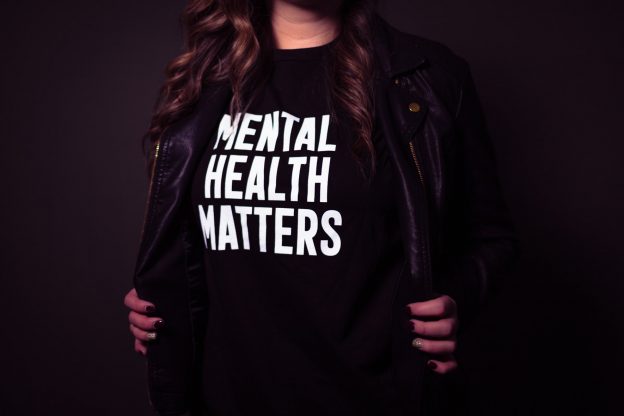
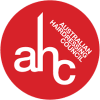

















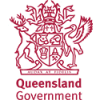





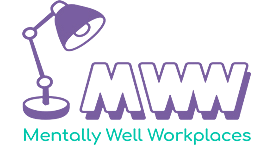
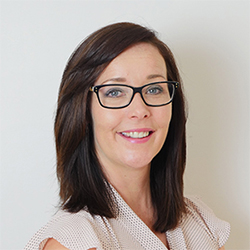


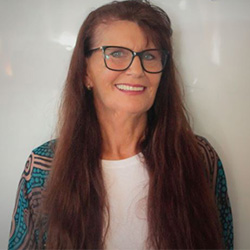
Responses